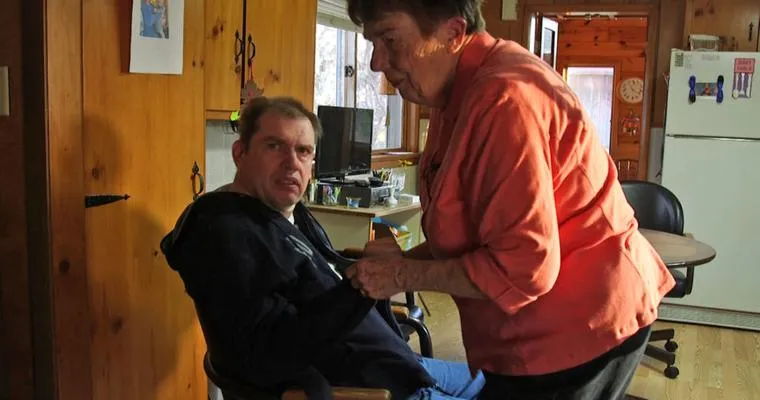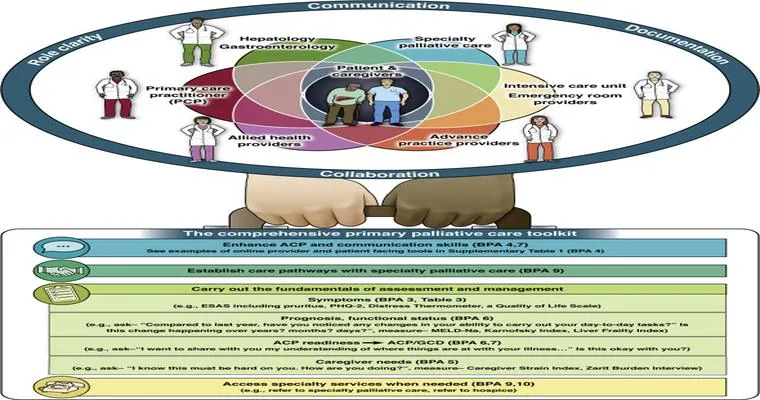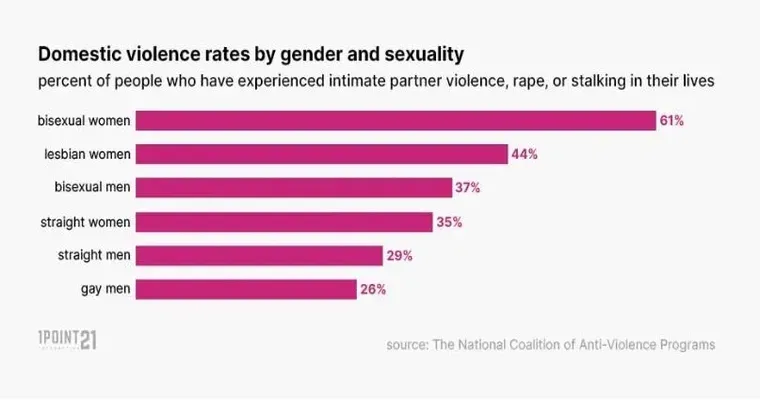As people age, their bodies undergo various changes that can significantly affect how they metabolize "alcohol". The relationship between "alcohol consumption" and the "elderly" is complex, as older adults may face unique health risks and challenges related to drinking. Understanding these factors is essential for promoting health and well-being in this demographic.
One of the primary concerns regarding "alcohol and the elderly" is that older adults often have a decreased tolerance for alcohol. This is due to various physiological changes, including a reduction in body water and mass, as well as changes in liver function. As a result, even small amounts of alcohol can lead to higher blood alcohol concentrations, increasing the risk of "alcohol-related accidents" and injuries.
Additionally, many older adults are on multiple "medications" that can interact negatively with alcohol. These interactions can enhance the effects of alcohol or lead to serious side effects, complicating the health management of elderly individuals. It is crucial for seniors to consult healthcare providers about their medications and the potential risks associated with drinking.
Moreover, the elderly population often faces mental health challenges, including "depression" and "isolation". Some individuals may turn to alcohol as a coping mechanism, which can lead to a cycle of increased consumption and worsening mental health. Understanding the motivations behind alcohol use in the elderly is essential for providing appropriate support and interventions.
Another important aspect to consider is the social context of drinking. For some elderly individuals, social gatherings may involve alcohol. While moderate consumption can be a part of enjoyable social experiences, it is vital to monitor intake to prevent excessive drinking. Encouraging alternative activities that do not revolve around alcohol can help foster social interaction without the associated risks.
Family members and caregivers play a crucial role in addressing the issues surrounding "alcohol use" in the elderly. Open conversations about drinking habits can help identify potential problems early on. Encouraging a healthy lifestyle, including proper nutrition, hydration, and physical activity, can also mitigate some of the adverse effects of alcohol.
In conclusion, the relationship between "alcohol and the elderly" is multifaceted and requires careful consideration. It is essential to promote awareness of the risks associated with alcohol consumption in older adults and encourage healthier lifestyle choices. By fostering open communication and providing support, we can help our elderly loved ones navigate their alcohol consumption safely and responsibly.





